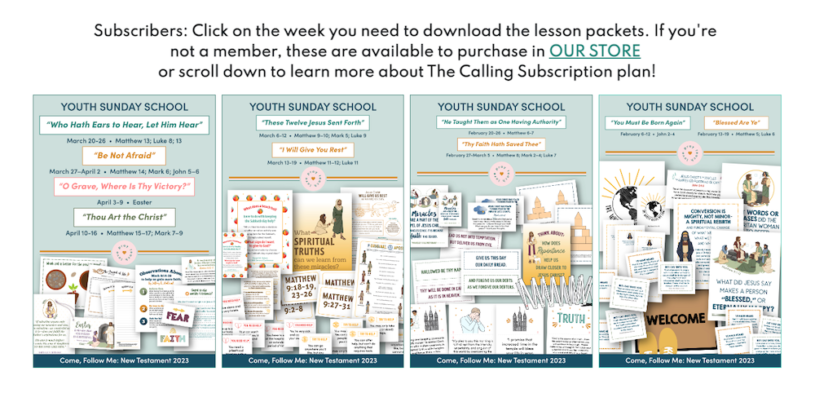
It doesn’t matter how long you’ve been running your membership website, at some point you’re going to face the perennial problem of content creators – the overwhelming pressure to keep feeding the content beast.
From tweets to blog posts, email newsletters to members-only content, there is a huge amount of content that needs to be produced every week, and it can get overwhelming fast. Especially if you’re doing it all solo.
Of course, having a content plan, producing content in batches, and finding ways to speed up the content creation process all help. But, sometimes, despite your best efforts, you just can’t get going, and procrastination sneaks in. Suddenly you’ll find yourself putting off writing that important blog post, or deciding that cleaning your desk is far more important than recording your next membership video. It’s a slippery slope, and one that can lead to a loss of reputation, not to mention self-confidence.
Procrastination is a fairly universal affliction, but not all procrastination is created equal. Understanding where your resistance comes from, and having different tactics to overcome the different forms it takes, can make a huge difference in your progress, momentum and overall productivity.
So let’s unpack three of the most common reasons for procrastination:

1. Uncertainty
Whether you’re uncertain of the outcome of a task (is this video what my members need/want right now?), or uncertain of what exactly needs to be done (I want to start a podcast but I don’t know where to begin), this is probably the easiest of the three to deal with. You need to create some sort of certainty in your own mind before you can move forward.
For uncertainty of outcome, the best thing to do is ask questions and gather as much information as possible before you begin, i.e. in the planning stages, then just go for it. In the example given above, you could do a simple survey or poll of your members to test how they feel about the proposed video, or whether they need something else right now. Ultimately, though, the only way to be certain of the outcome of a task is just to do it. Grit your teeth, set a timer, and follow through it with sheer determination.
For uncertainty of process, like our example of wanting to set up a podcast, you need to break down the task into tiny steps, with ‘research’ as the first step. It seems incredibly simple, but so many people miss this step, and items like ‘start a podcast’ sit on that to-do list for years. Planning out how to do a task is sometimes as important as actually doing it.

2. Boredom
Boredom is a tricky one. It may be that you’ve been producing content on a particular subject for years, and you’re tired of it, in which case you need to find a fresh perspective, or even pivot your core subject. Or perhaps it’s the technical side – uploading and formatting content, performing SEO tasks, sourcing images. If this is what’s holding you back, then it’s worth considering outsourcing tasks like this to a Virtual Assistant. Perhaps your business systems could do with a bit of an overhaul as well.
If you can’t afford or don’t want to hire outside help, then ask yourself why you are doing the task in question – could it be that it’s no longer relevant? If so, put it to one side and forget about it. If it really does need to be done, then a simple kitchen timer is your best friend. Commit to doing five minutes, set the timer and away you go. More often than not, you’ll find yourself absorbed by the time the timer goes off and you’ll be able to keep going. If you’re still struggling, go and do something else for an hour, then come back and commit to another five minutes. Eventually, whatever it is will get done.

3. Incubation
This is the most interesting reason for procrastination. Perhaps you have a great idea for a new course, or series of membership videos, but you just can’t seem to get going with creating it. Often this happens because the idea isn’t quite fully-formed yet.
If you suspect that this is the case, then just relax – set aside a few minutes at the beginning or end of each day to jot down a few notes or developments, then let your subconscious do its thing. As long as you keep checking in and keeping track, you should find that the idea comes to fruition in its own sweet time. If not, could it be that you’re uncertain, or perhaps bored with the idea? Rinse and repeat as necessary…
So, there you go – I genuinely don’t think procrastination is always a bad thing; sometimes it’s a necessary device to make sure you’re really doing the right things.
Being aware of the reasons why you’re procrastinating is half the battle.





















